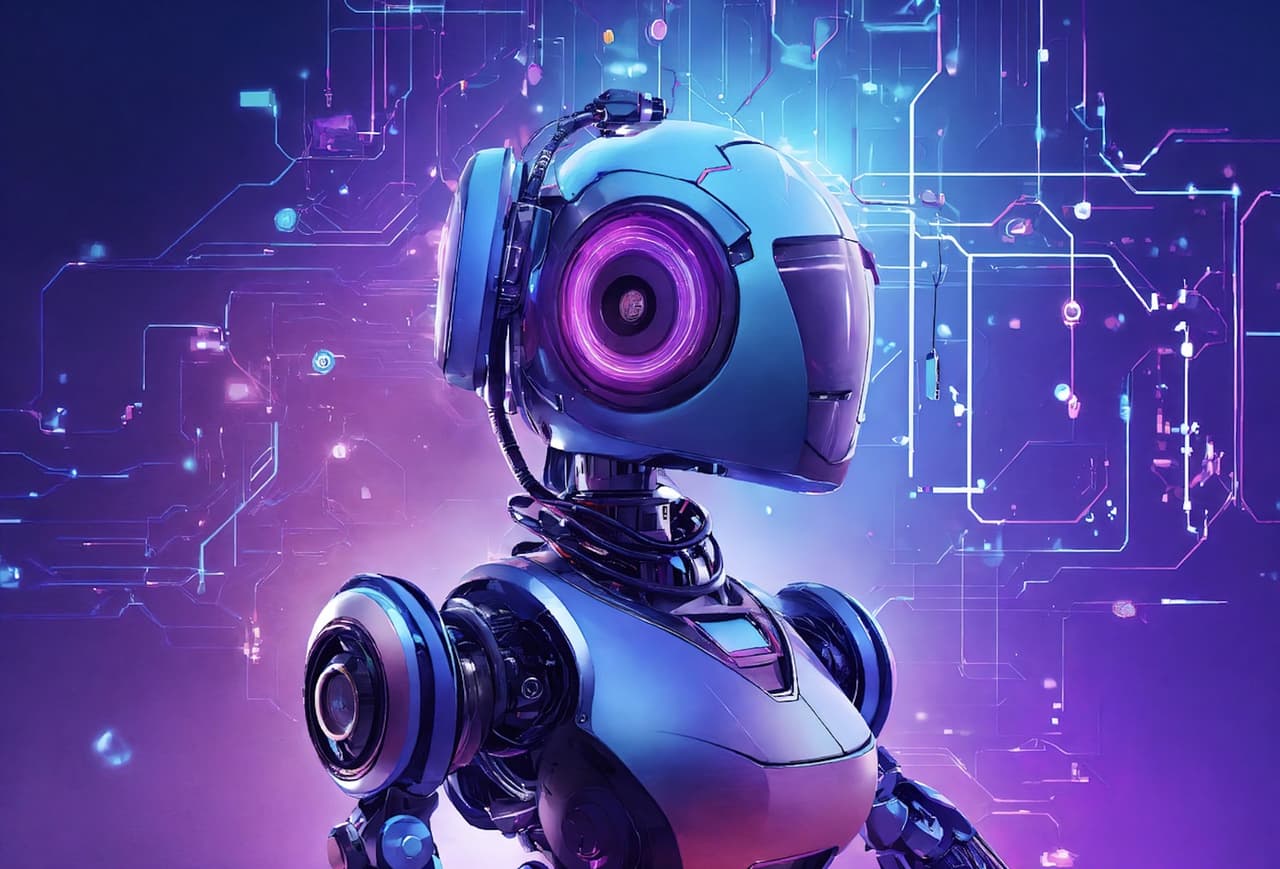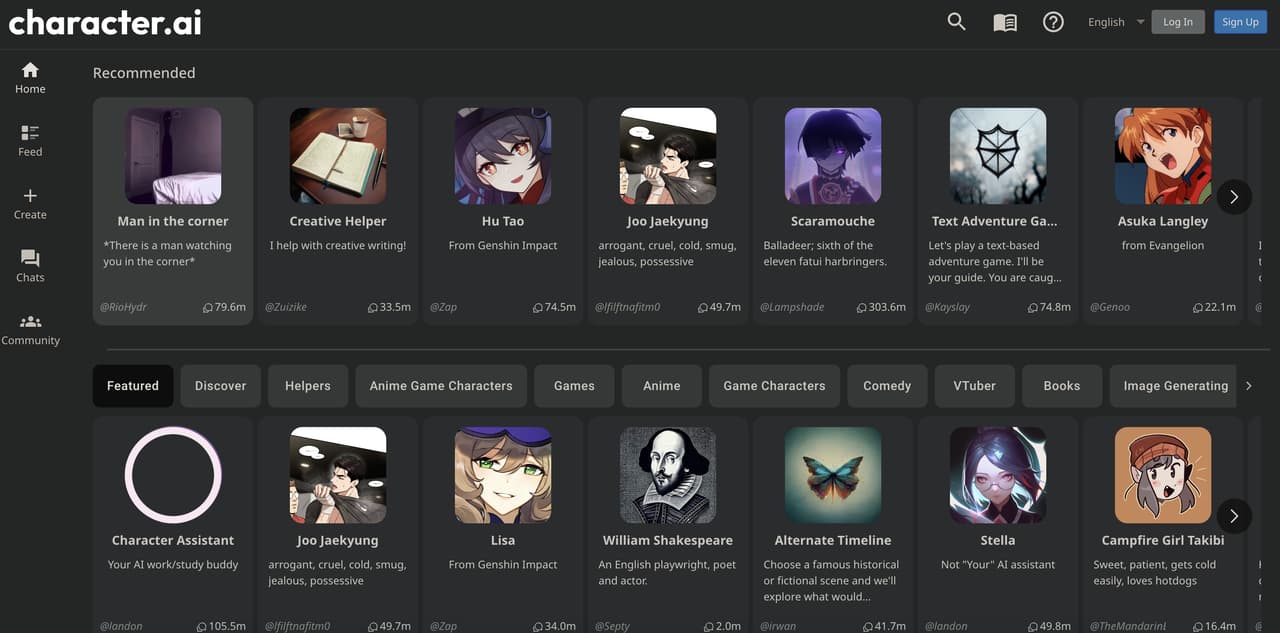AI Renaissance: Trends, Breakthroughs, and Reflections

As we move deeper into the 21st century, the merging of life and artificial intelligence (AI) has shifted from the realm of science fiction to our daily reality. AI development has accelerated at an unprecedented rate, impacting not only the technology we use but reshaping how we live. With innovations like GPT-4 showcasing remarkable language abilities and AI-driven platforms like ChatGPT becoming commonplace, the question now isn't what AI can do—but what it will do next.
The Latest AI Hotspots: Game-Changing Apps and Websites
Websites such as DeepMind and OpenAI have emerged as hubs for cutting-edge research and innovation, pushing the boundaries of what AI can achieve. Then there are applications like DALL-E, which brings imagination to life by creating any image you describe, and Whisper, a highly accurate speech-recognition tool that's transforming human-machine interaction. As these tools become more embedded in our lives, the lines between human creativity and machine capabilities are becoming increasingly blurred.
For instance, Character.AI is leveraging advanced machine learning algorithms to create interactive characters with distinct personalities. Unlike traditional chatbots, which rely on pre-scripted responses, Character.AI's personas engage in open-ended conversations, exhibiting memory and unique personalities. This allows for more engaging, dynamic interactions that feel fresh and personal.

Character.AI stands out due to its use of state-of-the-art natural language processing (NLP) models. These models enable characters to understand context, respond to complex queries, and carry on conversations with a human-like cadence. This breakthrough has opened new possibilities for how AI might be used in the future—for entertainment, education, and even companionship.
The user experience with Character.AI is far more immersive than traditional AI systems. Each character has its own backstory, personality traits, and distinct communication style, which can lead to emotionally resonant and authentic interactions. This represents a significant shift in how we engage with AI, transforming it from a mere tool into something we can form meaningful relationships with.
Boundless Possibilities and Ethical Dilemmas
AI is undeniably shaping the spirit of our times. Consider the surge in AI-powered content creation tools capable of writing articles, drafting novels, or even composing music. While this is an exciting frontier, it also raises important ethical concerns around intellectual property and the future of work in a world increasingly driven by AI.
Embracing AI: A Balanced Approach
My personal experience with AI has been marked by cautious optimism. On one hand, AI has the potential to tackle some of humanity's greatest challenges, from combating climate change to revolutionizing healthcare. On the other hand, as we integrate AI more deeply into our lives, we must remain vigilant about issues such as privacy, data security, and algorithmic bias. It's a fine balance—harnessing AI's power for good while protecting the core values of our society.
Conclusion
The AI revolution isn't a distant prospect—it's already here. It's woven into our smartphones, homes, workplaces, and even art. While the possibilities are vast and the potential impact profound, it's up to us to navigate this new era thoughtfully. As we co-author the future with AI, we must approach it with both wonder and caution, ensuring that human intelligence and values remain at the forefront of this transformative journey.

